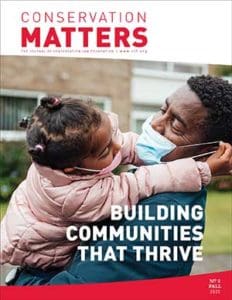A Zine Brings Community Data to Vibrant Life
A zine created by Chelsea residents uses art and creative writing to highlight key data from the Healthy Neighborhoods Study.
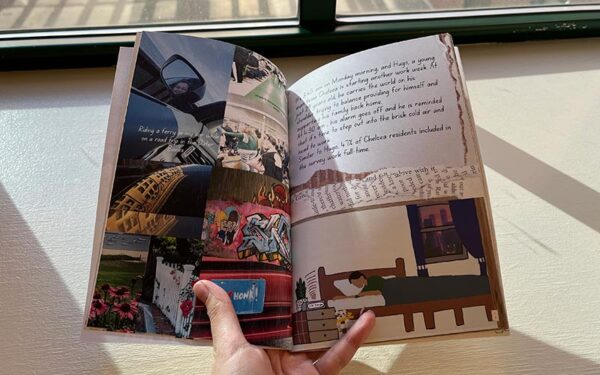
A zine created by Chelsea residents uses art and creative writing to highlight key data from the Healthy Neighborhoods Study.

On a small triangle of land between Bennington and Lawrence Streets stand picnic tables, corrugated metal beds bursting with flowers, and trees in planters of hot pink, lemon yellow, and royal blue. It’s an uplifting treat in this Lawrence, Massachusetts, neighborhood and a considerable contrast to what stood here before – a jumble of parked cars… Continue reading A Cool Place in the Neighborhood
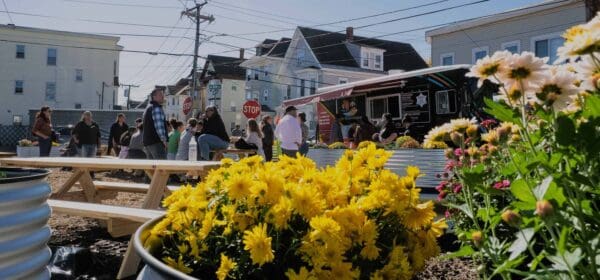
Here are six ways that urban forestry can help our communities if we choose to invest in it.
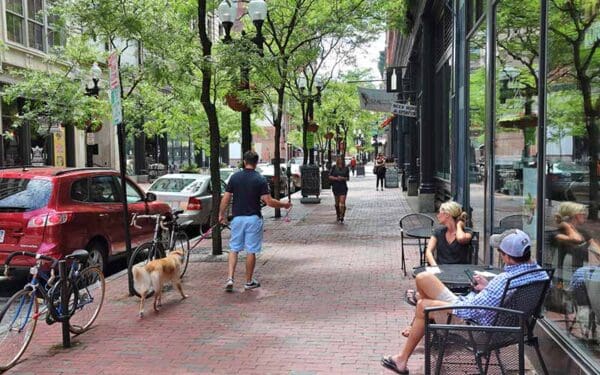
Nubian Markets brings fresh, healthy produce to Nubian Square. It was funded in part by CLF’s Healthy Retail and Commerce Fund.
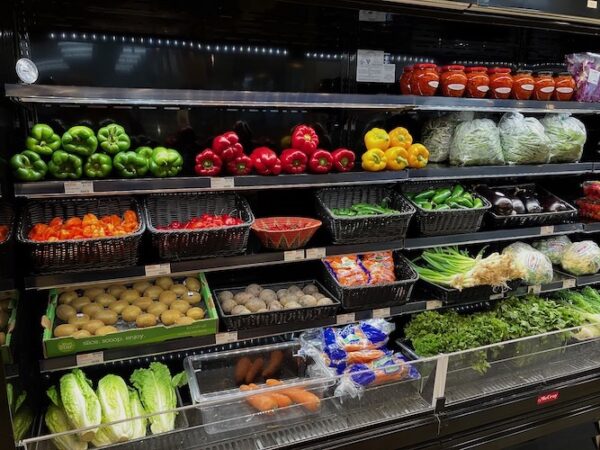
“Local farmers and food businesses are essential pieces of a healthy and thriving community,” Sara Dewey, Director of CLF’s Farm and Food Initiative. “Too often, high fees and complicated legal issues are a barrier to entrepreneurs and farmers getting their businesses off the ground. Communities, residents, and our climate benefit when these businesses prosper, and it’s time they are given the tools they need.”
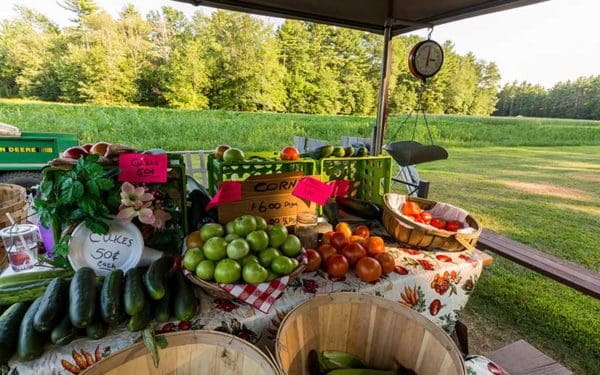
“Small businesses that serve low-income communities have been left to fend for themselves for too long,” said Darrèll Brown, vice president and director of CLF Rhode Island. “SCLT’s tireless work to make healthy food available to these neighborhoods is absolutely a mission worth supporting. This investment will lead to healthier communities throughout Rhode Island, which is a win for everyone.”
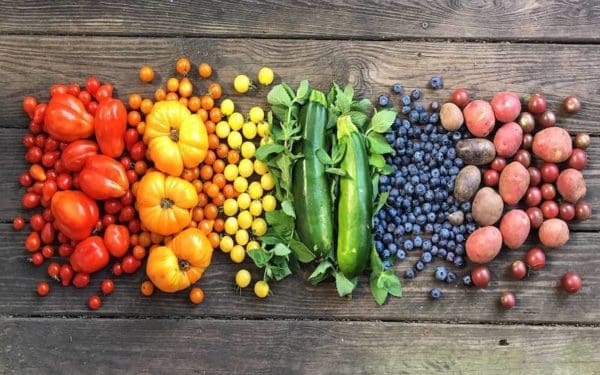
Small businesses and entrepreneurs form the backbones of thriving communities, and right now, they’re struggling. This is especially true in the low-income neighborhoods and communities of color hit hardest by the coronavirus pandemic. COVID-19 laid bare the profound impact that our neighborhoods have on our health. People in low-income communities of color living with higher… Continue reading Boosting Local Businesses
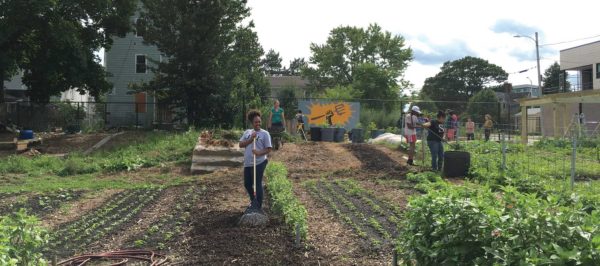
The past year has shown us what we can accomplish when faced with unprecedented upheaval. Now we are focused on driving forward a future that is equitable and healthy for all – while also confronting the most urgent environmental threats in the here and now. The work we do together in the next five years… Continue reading Conservation Matters Summer 2021: Year in Review
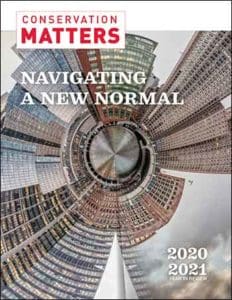
“Too many communities in Greater Boston have been plagued with disinvestment and unhealthy homes for generations,” said Maggie Super Church, Vice President of Healthy and Resilient Communities at Conservation Law Foundation. “Old, entrenched investment models for housing and small business exclude low-income communities and worsen disparities in health and sustainability. This investment from Dana-Farber will lead to healthier, more resilient neighborhoods and we can’t wait to get to work.”
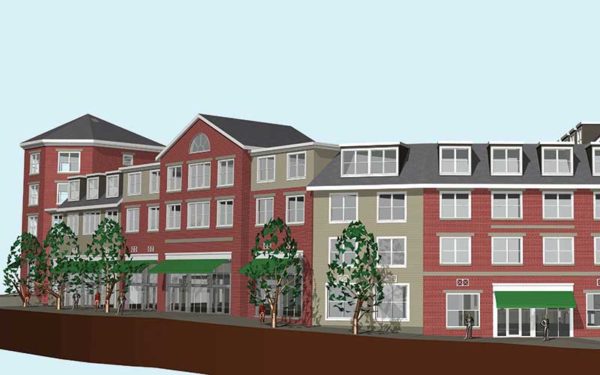
This past year was one of the most challenging our country has faced in many of our lifetimes. Both the COVID-19 pandemic and the summer’s protests against police violence have forced deep, damaging inequities in our society out into the light of day. Now, as we start the new year, it’s up to all of us to ensure they not only stay there but that we actively work to redress them.
